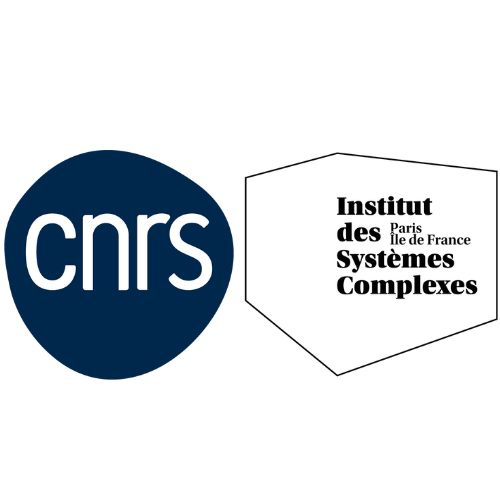FuturICT 2.0
Understanding and managing complex, global, socially interactive systems.
FuturICT 2.0 is an international European Project funded under the FLAG-ERA Joint Transnational Call (JTC) 2016. The project was inspired by the FuturICT Pilot, and its goal is to find ways to understand and manage complex, global, socially interactive systems. From financial crises to climate change, from crime and conflict to resource management: the world is currently facing grand social challenges that need to be addressed with new approaches and tools. FuturICT 2.0 aims to create an incentive system to take on some of the major challenges faced by modern society.
The Challenge
To manage scarce resources and support endangered people and communities, powerful global information systems need to be built, based on big data and artificial intelligence. Digitization implies a massive structural change in the global economy, which will cause significant levels of unemployment unless economic systems are reformed. The potential misuse of Big Data and AI technologies also cannot be ignored. Thus, we need to make significant progress towards understanding and managing complex, global, interactive systems.
Our Goal
FuturICT 2.0 will bring together a large array of the best academic minds in fields such as social science, complexity science and computational science. With jointly-supervised research projects, traditional workshops, exchanges, and meetings, the project will bring together the latest, bleeding-edge knowledge in areas such as big data, artificial intelligence, agent-based simulation, the Internet of Things, blockchain technology, and complexity science. This interdisciplinary approach will lay the theoretical and organizational foundations for the digital economy of the future.
Our Approach
FuturICT 2.0 will promote disruptive innovation to move towards a more resilient and adaptive society. We will harness emerging knowledge in order to address urgent global challenges. How?
- Using disruptive innovation to tackle existential threats such as resource shortages, climate change, economic dislocation and technology-driven unemployment
- Developing a new, nuanced and multifaceted financial incentive system to promote a circular, sharing economy and achieve social goals collaboratively
- Adopting a decentralized and collaborative approach, involving methods such community-based decision-making, crowdsourcing and citizen science, to adapt to social needs and address unforeseen societal challenges
smart technology + smart citizens = the economy of the future
The FuturICT 2.0 consortium consists of 12 partners with different background and expertise belonging to 7 European Countries: Italy, Switzerland, France, Latvia, Romania, Belgium, Estonia. The project is coordinated by Mario Paolucci of the Institute of Cognitive Sciences and Technologies (ISTC-CNR) of Italy.


